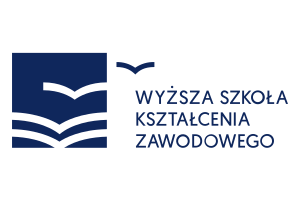Warsaw University of Technology
Position of the university over the years 2001-2025 in the ranking of academic universities
Voivodeship: mazowieckie
City: Warszawa
The tradition of the Warsaw University of Technology dates back to the early 19th century. The date of the establishment of technical education in Warsaw is considered to be 1826, when the Preparatory School for technical studies was opened. The initiator of its establishment and author of the curriculum was Stanislaw Staszic - a versatile scholar and educational activist, active in the Commission of Religious Denominations and Public Enlightenment. Unfortunately, after only a few years of activity, the school was closed in 1831 as part of the repression following the outbreak of the November Uprising. It was not until the end of the 19th century that Tsar Nicholas II, under pressure from the Polish public, agreed to donate the collected sum of one million rubles to build a Polytechnic Institute of his name in Warsaw. Warsaw Polytechnic is based on two main pillars: teaching and research. It is considered the largest technical university in the country, with 19 faculties and a College of Economic and Social Sciences in Plock. The university has a kindergarten and cooperates with many schools. It offers a wide range of bachelor's, associate's and second degree programs, including foreigners. It allows the development of a scientific career in the Doctoral School, postgraduate studies and participation in the University of the Third Age. Research processes are conducted mainly in laboratories, workshops and studios. More than 20,000 students are educated at the Polytechnic, 31% of whom are women, and 7.5% are foreigners. Last year, the university produced nearly 5,000 graduates. In the 2024/2025 academic year, nearly 6.7 thousand male and female students began their studies, including 478 foreigners. The university employs 2175 full-time academic staff, almost 30% of whom are women. Prominent graduates of the university include Bohdan Pniewski - architect, Henryk Wujec - politician, physicist and Solidarity opposition activist, Jacek Karpiński - electronics engineer, creator of the K-202 minicomputer, Krzysztof Olszewski - entrepreneur, founder and president of Solaris Bus & Coach SA, Waldemar Pawlak - politician, PSL activist and two-time prime minister, and Zbigniew Komorowski - entrepreneur, co-owner of the Bakoma concern, politician and senator.









